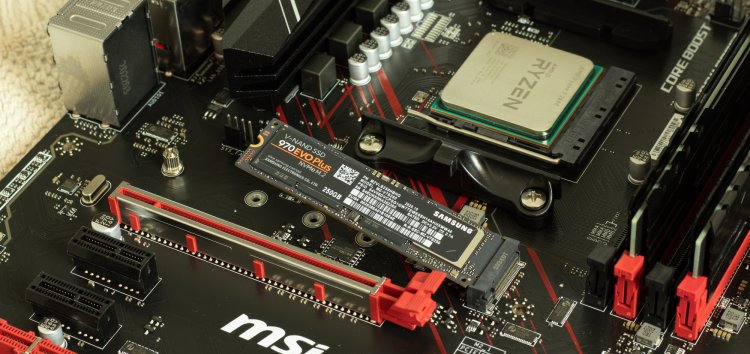The Ryzen 7000 will be up to 37% faster

The Ryzen 7000 CPUs are still expected to be released at the end of this year, but leaks continue. We have new material that emphasizes some extremely interesting elements of those new processors.
The Ryzen 7000 will keep the MCM (multi-chip module) core design from the Ryzen 5000, but thanks to microarchitecture modifications, it will be able to give a single-thread performance boost of 28 percent to 37 percent.
Keep in mind that we are not talking about an increase in IPC, but rather single-wire performance in general, thus this figure includes both the increase in power and the rise in working frequencies.
Limiting ourselves to the IPC, the Ryzen 7000 is estimated to be a 15% to 24% gain over the Ryzen 5000. In terms of working frequencies, all indications point to an increase of between 8% and 14%.
Both percentages refer to maximum sustained speed in turbo mode, excluding any potential short-term maximum peaks. Needless to say, these are stunning numbers, but they're entirely reasonable, especially in light of what AMD accomplished with Zen 3.
The Ryzen 7000 should provide a significant performance boost in multi-threading, albeit it will be slightly lower than the single-threading results because turbo mode should reduce frequency by having a large number of busy cores and threads.
You already know how this works: with one core and two threads engaged, the turbo mode reaches its maximum frequency, and when more cores are employed, the frequency decreases.
Only DDR5 memory will be compatible with the Ryzen 7000. If this is true, upgrading to this generation of processors will necessitate replacing not only the motherboard but also the RAM. In this regard, it's worth noting that Intel didn't make the same mistake with the Core Gen12, which is compatible with both DDR4 and DDR5.
This new generation of processors will be compatible with the new PCI-E Gen5 standard and will include significant improvements to the floating-point unit, as well as the first and second-level caches.
In this regard, two significant modifications should be noted: an increase in the L1 cache bandwidth, which might reach 64 GB/s, and an increase in total L2 cache memory per core, which will climb from 512 KB in Zen 3 to 1 MB in Zen 4.
The Ryzen 7000 will be produced using TSMC's 5nm technology and will include a turbo mode of up to 5 GHz, allowing AMD to finally remove a "thorn" that has been stuck for years.
We do not anticipate an increase in the maximum number of cores and threads in the Ryzen 7000, implying that they will keep the Ryzen 5000's maximum of 16 cores and 32 threads, although we cannot rule out the possibility.




























